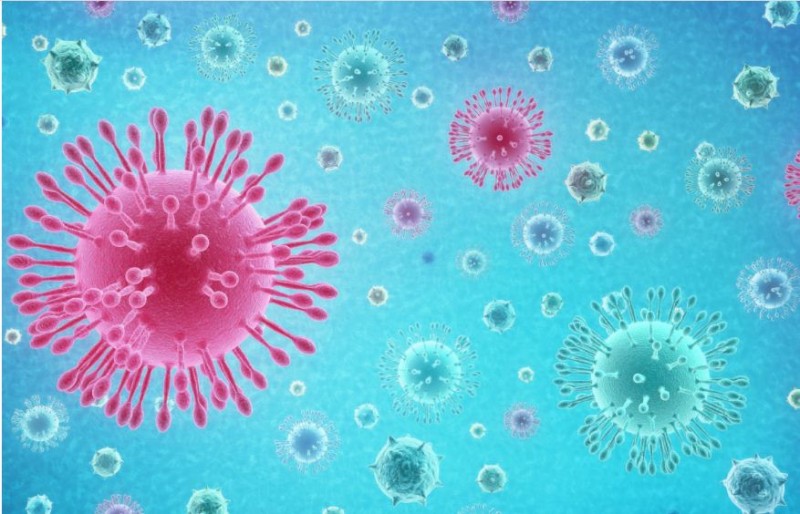
Critically ill COVID-19 patients treated with non-altered stem cells from umbilical cord connective tissue were more than twice as likely to survive as those who did not have the treatment, according to a study published in STEM CELLS Translational Medicine.
The clinical trial, carried out at four hospitals in Jakarta, Indonesia, also showed that administering the treatment to Covid-19 patients with an added chronic health condition such as diabetes, hypertension or kidney disease increased their survival more than fourfold.
All 40 patients who took part in the double-blind, controlled, randomised study were adults in intensive care who had been intubated due to Covid-19-induced pneumonia. Half were given intravenous infusions containing umbilical mesenchymal stromal cells, or stem cells derived from the connective tissue of a human birth cord, and half were given infusions without them. “The survival rate of those receiving the stem cells was 2.5 times higher and climbed even more -- 4.5 times – in the Covid-19 patients who had other chronic health conditions,” said Ismail Hadisoebroto Dilogo, Professor at Cipto Mangunkusumo Central Hospital-Universitas in Indonesia.
Previous clinical trials have shown that treating Covid-19 pneumonia patients with stem cells from umbilical cord connective tissue may help them survive and recover more quickly, but the Indonesian study is the first to treat intubated, critically ill Covid-19 pneumonia patients with a naive, or non-genetically manipulated, form of the stem cells.
Insight: COVID produced more symptoms, complications than seasonal influenza in adolescences
Study finds, Speaking sans masks in confined spaces poses risk of spreading SARS-CoV-2
Study claims People afraid of catching Covid are more judgmental